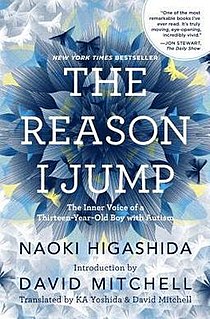A Quote by Luciana Berger
For many people who face anxieties, depression, trauma or grief that dominate their lives, a vital source of support may be a counsellor or psychotherapist.
Related Quotes
If we take a hard look at what poverty is, its nature, it's not pretty - it's full of trauma. And we're able to accept trauma with certain groups, like with soldiers, for instance - we understand that they face trauma and that trauma can be connected to things like depression or acts of violence later on in life.
But I ask you, those of you who are with us all day, not to stress yourselves out because of us. When you do this, it feels as if you're denying any value at all that our lives may have--and that saps the spirit we need to soldier on. The hardest ordeal for us is the idea that we are causing grief for other people. We can put up with our own hardships okay, but the thought that our lives are the source of other people's unhappiness, that's plain unbearable.
Some people's lives seem to flow in a narrative; mine had many stops and starts. That's what trauma does. It interrupts the plot. You can't process it because it doesn't fit with what came before or what comes afterward. A friend of mine, a soldier, put it this way. In most of our lives, most of the time, you have a sense of what is to come. There is a steady narrative, a feeling of "lights, camera, action" when big events are imminent. But trauma isn't like that. It just happens, and then life goes on. No one prepares you for it.
People who have life-challenging experiences who choose to remain invested in a consistent catastrophic interpretation are not the ones I meet. I have met many more people who have recognized how vital it is to their healing and to the quality of their life to interpret their experiences differently. That is why some of the people I've met who have life-challenging illnesses are much happier than some people I've known who are physically quite healthy and yet who live lives of greater desperation and depression.
You have a class of young strong men and women, and they want to give their lives to something. Advertising has these people chasing cars and clothes they don't need. Generations have been working in jobs they hate, just so they can buy what they don't really need. We don't have a great war in our generation, or a great depression, but we do, we have a great war of the spirit. We have a great revolution against the culture. The great depression is our lives. We have a spiritual depression.

































